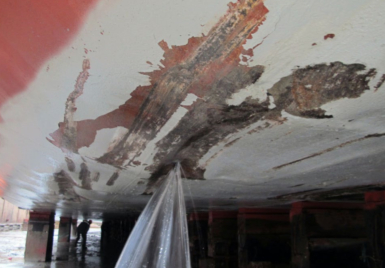 The Marine Accident Investigation Branch (MAIB) has published a digest and analyses of twenty five marine recent incidents and accidents with short descriptions about each involving vessels from the merchant, fishing and recreational sectors. The 70 page report can be accessed and downloaded here or at the foot of this page.
The Marine Accident Investigation Branch (MAIB) has published a digest and analyses of twenty five marine recent incidents and accidents with short descriptions about each involving vessels from the merchant, fishing and recreational sectors. The 70 page report can be accessed and downloaded here or at the foot of this page.
In his introduction to the Digest, Andrew Moll says, “I’d like to thank this edition’s introduction writers. I am delighted that Captain Nick Nash, Andrew Locker and Steve Gravells have agreed to write the introductions to the merchant, commercial fishing and recreational craft sections of this digest. All three have written from both their professional and own personal perspectives, and their words are very powerful. If you read nothing else in this issue, I would encourage you to read the section introductions.
Continue reading “MAIB safety digest with analyses of 25 accidents volume 1 2019 published”










